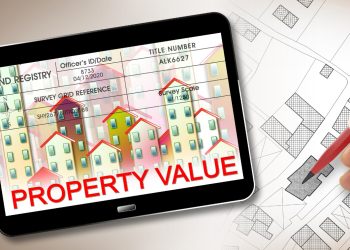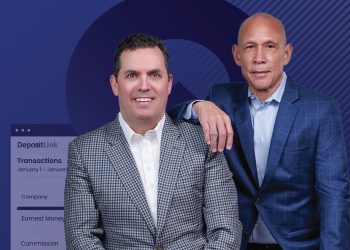By Kurt D. Lynn
RISMEDIA, June 3, 2008-For well over a hundred years, consumers have used trust and confidence as the basis of their decision to purchase goods or to contract services. Consumers base their decisions on a calculated risk of being disappointed. On one hand, they look for strong signs of reliability in which to be confident in their decision, but on the other, limited evidence of reliability requires their trust.
In real estate, getting consumer trust and confidence for your services is not as simple as establishing trust and confidence in a retail product. Your services are often intangible; they cannot be seen. A physical product, on the other hand, can be handled, examined, felt, weighed – there is more physical evidence by which to extend a consumer’s trust and confidence. In real estate, trust and confidence is about you. When you meet a prospective client for the first time, that interaction becomes the basis of them extending trust and confidence in you.
The same is true for your website. When someone visits your website for the first time, it’s the primary experience they have of determining how much confidence they have in your services and how much trust they will extend to you. If you want visitors to “click through” to contact you, then you must make sure that they get a sense of confidence and trust from the moment they visit the first page of your website.
What can you do to help them?
Confidence-building content. Confidence comes from evidence. The more evidence you provide, the less trust is required from the consumer. A few things you can do, in your website content, to provide your visitor with evidence, include the following:
– Post your personal transaction statistics on your site. Tell the visitor how many sales you did last year and how many purchases you facilitated. Tell them what your average sale/purchase price was, what the average percent of asking price you were able to negotiate, and the average time to sale for a new listing.
– Post testimonials on your site. Adding so-called “pull quotes” will validate a visitor’s interest in your services. Keep the quotes short and sweet and highly visible (e.g. “Bill Myers found us our new home. He helped us every step of the way!”) Also, make sure you include the name of the buyer or seller with the quote. For clients that may be uncomfortable with the publication of their full names, use their first name and the first letter of their last name (e.g. Paul W.). Ideally place at least one pull quote on every page in your site.
Ask happy clients if they would be willing to give you a quick letter or note in testimonial of your services. Of course, the best time to do this is immediately after the closing.
Do not include information such as “best salesperson of the year” or other internal accolades. The consumer does not care about these and this often conveys a manipulative tone to the consumer rather than evoke confidence.
Trust-building content. If the consumer doesn’t feel confidence then you have to give them a basis for extending trust – for taking a risk. Content that helps comfort them about taking a risk with you include such things as the following:
Your photo. Make sure it conveys a professional demeanor and presentation.
Provide personal data. Married? Children? Member of the local Congregational Church? On the school board? Help your website visitor know enough about you to place trust in you.
Display trust-building credentials. In a sense, your website is your resume. Make sure that your resume offers a good basis for extending trust. Include the length of time you have been in the industry or a resident of the community. Include memberships in service organizations (e.g. Chamber of Commerce, Kiwanis) and professional or academic credentials.
Display a personal guarantee statement with a remedy – something like: “If you’re not completely satisfied with the work I do on your behalf, I will…” Make sure you can follow through.
Get certified. If you are not a member already, consider becoming a member of the Better Business Bureau. It is not expensive and it will contribute to the sense that you are worthy of trust.
Not least in the effort to evoke trust and confidence from your website visitor is the nature of the website itself. A professional-looking site, with relevant and carefully edited content (no misspellings or grammatical errors) will go a long way toward ensuring confidence.
In the end, your ability to be successful, on the Internet or off, is all about getting the trust and confidence of the consumer. Make sure you manage those attributes carefully and you will always find it a lot easier to get clients, and to satisfy them.
For more information, visit http://www.RealtySoft.com
Kurt Lynn directs the marketing and communications activities at www.RealtySoft.com. He has a long, successful track record in the hi-tech industry.










